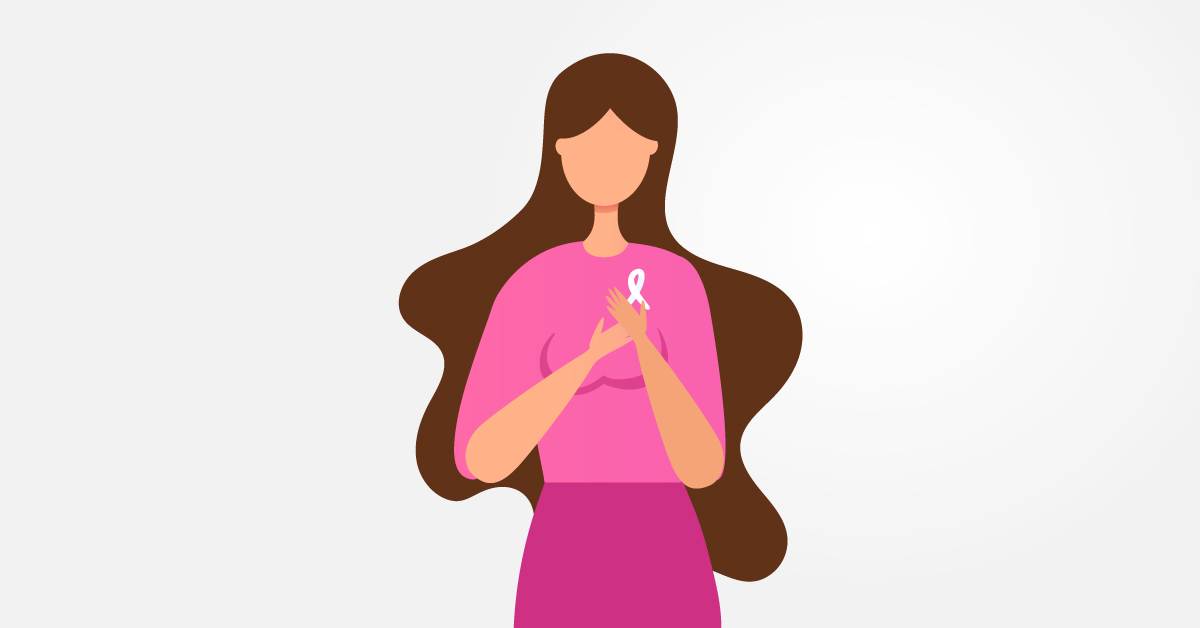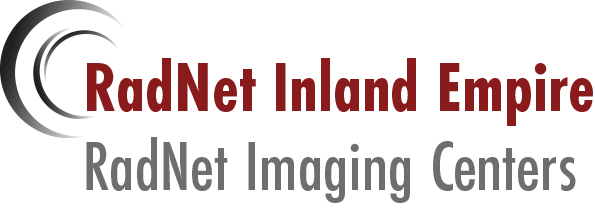What’s the Deal with Breast Self-Exams?

Health organizations drop recommendations for Breast Self-Exams and instead promote Breast Self Awareness.
For over 70 years health care professionals have been advising women to perform regular breast self-exams as a critical screening tool for breast cancer detection. Recently however, there have been conflicting recommendations, leaving patients confused about the whole matter.
According to Circuelle Foundation, a Florida-based breast health education group, breast self-exams were first introduced to women in the U.S. in 1930. The American Cancer Society (ACS) launched an awareness campaign in 1947, “Look for a Lump or Thickening in the Breast.”
In 1960 the ACS and National Cancer Institute were behind a major push to increase early detection, releasing a film called “Breast Self-Examination,” which was viewed by millions of women.
In the early 2000’s however, research into breast self-exams peaked, and several studies showed that the self-exams did not increase a woman’s survival rate. According to the ACS, there is little evidence that the self-exams are helpful in either detecting breast cancer or in lowering the risk of women dying from breast cancer.
False positives appear to be another detriment to the self-exam. According to the Susan G. Komen Foundation, women who did BSE had more false positive results, which led to twice as many biopsies where no cancer was found.
Based on many randomized studies, both the American Cancer Society and the U.S. Preventive Service Task Force – two organizations that issue guidelines for breast cancer screening protocols in the U.S. – dropped their recommendations for women to conduct monthly breast self-exams.
Today, these organizations advocate for Breast Self Awareness.
Rather than performing self-exams, almost all health professionals agree that women should be familiar with their breasts, how they look and feel - so that if there are any changes, such as a lump or a pain, they will be able to report it to their clinician.
At RadNet we have always believed that patients who are informed and make knowledgeable decisions about their health live healthier lives. We endorse Breast Self Awareness and advocate for early detection because that’s how you save lives. If you have a concern about your breast health, please contact your healthcare clinician.

